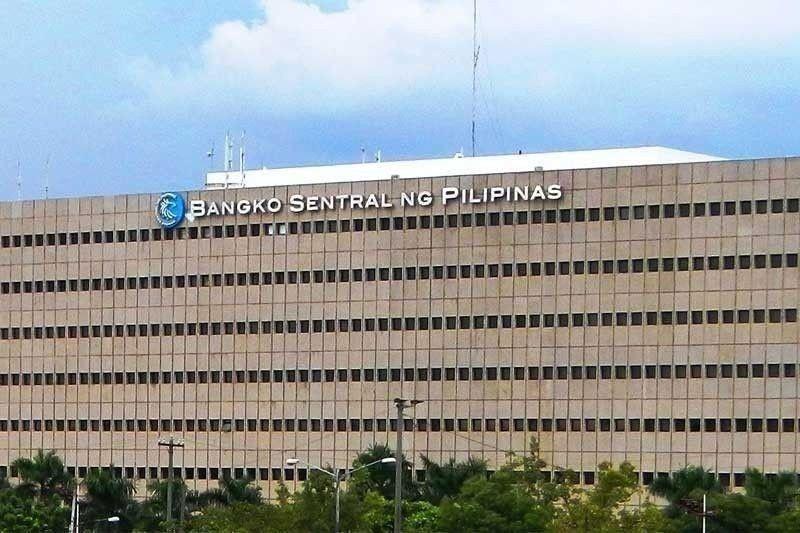
MANILA, Philippines — The Bangko Sentral ng Pilipinas (BSP) is pursuing digital solutions to enable offline payments as part of efforts to boost financial inclusion under the government’s Digital Payments Transformation Roadmap.
During a virtual conference themed, “Building Back Better: Harnessing Digitalization Towards a Transformed Philippines” organized by the Philippine Economic Society (PES), BSP Governor Benjamin Diokno said the BSP is also looking at offline digital payment solutions to enhance financial inclusion.
The solutions would enable financial transactions without the need for internet connection, boosting financial inclusion in off-grid areas.
The BSP believes that while an effective and reliable internet connectivity is a necessary condition for digital finance to flourish, the central bank is also pursuing digital solutions to enable “offline payments.”
Representatives from the private and public sectors, members of the academe from local and international institutions, and students across the country attended the three-day online forum.
Under the roadmap, the BSP aims to convert 50 percent of the volume of retail payments to electronic channels and onboard 70 percent of Filipino adults to the formal financial system by 2023.
Diokno earlier said the BSP is confident of achieving the twin goals by 2023, as about 20.1 percent of monthly retail payments volume in the Philippines are already in digital form as of end–2020.
Diokno said the BSP continues to collaborate with government counterparts to bolster the country’s digital finance infrastructure aimed at ensuring the reliable delivery of digital financial services and sustainability of related innovations.
According to the BSP, it continues to support the implementation of Republic Act 11055 or the Philippine Identification System (PhilSys) Act.
The pilot launch of the PhilSys online authentication, electronic know-your-customer (KYC), and phased onboarding of private sector relying parties are set for next year.
The Philippine Statistics Authority has made significant progress in PhilSys implementation, with 36 million Filipinos completing registration of their demographic and biometric data.
The PhilSys supports the mainstreaming of transaction accounts, particularly the Basic Deposit Account that is designed to meet the needs of the unbanked.
Diokno earlier reported that a total of 5.6 million bank accounts have been opened for unbanked Filipinos from low-income households through a co-location scheme by the PSA and Land Bank of the Philippines.
He said President Duterte signed Executive Order 127 in March, promoting satellite broadband technologies to advance rural connectivity.
“Key reforms like EO 127 aim to expand participation in the satellite broadband space — enhancing connectivity and enabling MFIs to deliver digital financial services more efficiently to rural communities,” he said.
 Philippine Economic Society (PES)
Philippine Economic Society (PES)